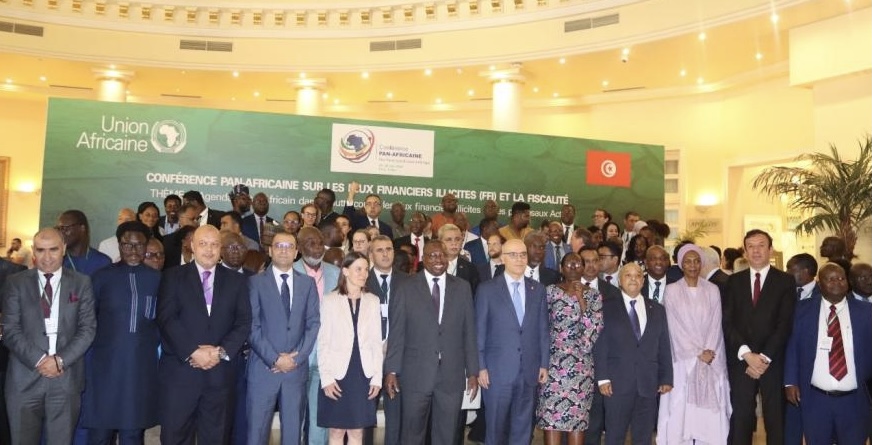The COP29 Presidency held its second high-level consultation on energy transition, focusing on financial strategies to meet global climate goals. Hosted by Mr. Michael Mainelli, Lord Mayor of London, and co-chaired by COP29 President-Designate Mukhtar Babayev and IEA Executive Director Fatih Birol, the meeting emphasized the urgent need for financing renewable energy, especially in emerging economies.
Notable participants included African Union Commissioner for Infrastructure and Energy Amani Abou-Zeid, Germany’s State Secretary for International Climate Action Jennifer Lee Morgan, and Ireland’s Environment Minister Eamon Ryan. They were joined by COP26 President Sir Alok Sharma and UN Climate Action Adviser Selwin Hart. Together, they discussed scaling up financing for clean energy and overcoming the high borrowing costs and risks that hinder capital flow to renewable initiatives.
The International Energy Agency (IEA) highlights that clean energy investments must double to $4.3 trillion by the early 2030s to maintain a 1.5-degree Celsius pathway. Emerging markets and developing economies require a six-fold increase in funding to meet these targets. Achieving this will demand joint efforts from governments, banks, and private investors, as public financing alone is insufficient.
Representing Africa, Commissioner Amani Abou-Zeid reiterated her stance: “The Climate Agenda is our Development Agenda.” She welcomed the inclusion of Africa’s longstanding priorities, such as clean cooking and transforming critical minerals into development assets, in these high-level discussions.
Commissioner Abou-Zeid urged governments, financial sectors, and industries to collaborate on bankable renewable energy projects. She stressed the need for effective leadership, long-term policies, and transparent tendering processes from governments. Financial institutions should focus on reducing debt costs and reassessing risk perceptions. Industry actors must innovate to lower the costs of low-carbon technologies and prioritize technology transfer and capacity building.
On leveraging public finance to unlock private capital, Abou-Zeid emphasized strategic government policies to build investor confidence. “Governments should mitigate legal risks and invest in critical infrastructure like transmission and distribution systems to attract private investments,” she added. Development finance institutions (DFIs) play a pivotal role in mobilizing finance for energy transitions in developing regions. She suggested that DFIs should leverage public and private capital effectively and prioritize local currency investments to mitigate currency risks.
Commissioner Abou-Zeid also highlighted the critical issue of mineral extraction in Africa. “While critical minerals are essential for the clean energy transition, their extraction in Africa often occurs under unsustainable and environmentally damaging conditions,” she said. Including these issues in the COP29 agenda demonstrates a commitment to a just and sustainable energy transition. “Collaborative efforts are essential to ensure responsible extraction and positive contributions to global climate goals,” she added.
On the sidelines, Commissioner Abou-Zeid met with Ambassador Majid Al Suwaidi, COP28 Director-General, to discuss the Global Climate Finance Framework and strategies for advancing its implementation with the African Union. She also met with Ditte Juul Jørgensen, Director General of Energy at the European Commission, to discuss the role of critical minerals in the energy transition.
Source: African Union



